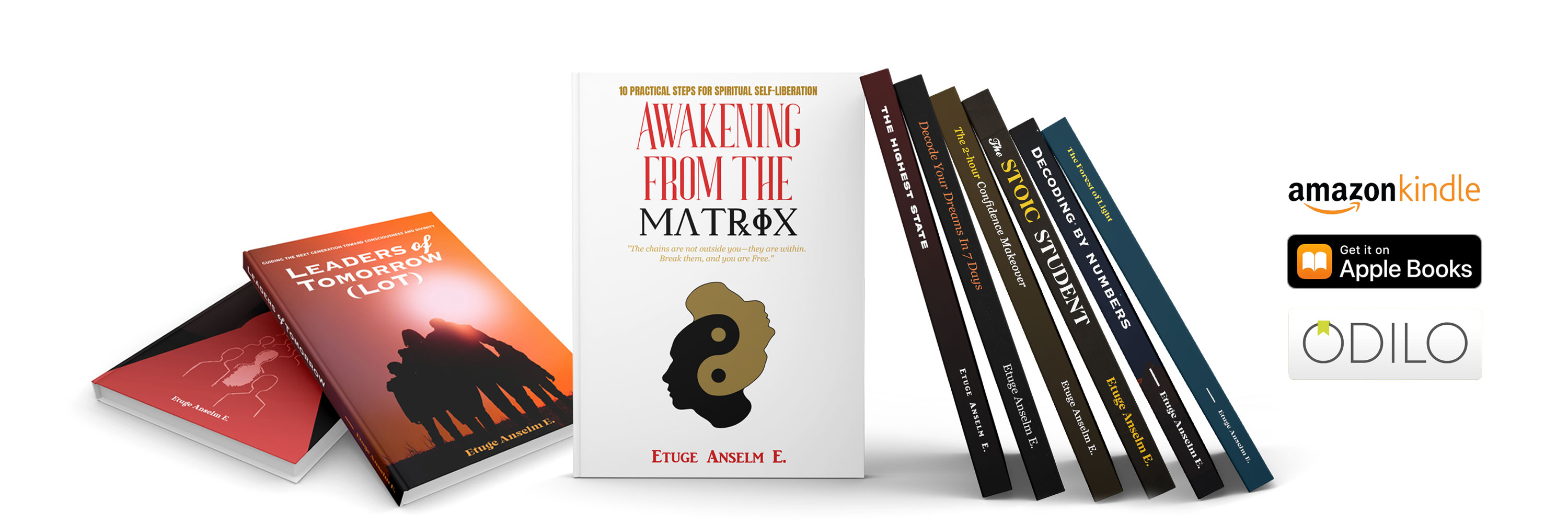
Given everything you’ve already heard about AI, you may not be surprised to learn that Google is among other outfits beginning to use sound signals to predict early signs of disease.
How? According to Bloomberg, Google has trained one of its foundation AI models with 300 million pieces of audio that included coughs, sniffles and labored breathing, to identify, for example, someone battling tuberculosis.
Now, it has teamed up with an Indian company — Salcit Technologies, a respiratory healthcare AI startup — to tuck that tech into smartphones where it can potentially help high-risk populations in geographies with poor access to healthcare.
It’s not Google’s first foray into trying to digitize human senses. Its venture arm has also backed at least one startup that’s using AI in an attempt to sniff out disease, literally.
The Power of Sound in Disease Detection
Google’s innovative approach involves training a foundation AI model using an extensive database of audio samples. This vast collection, comprising 300 million pieces of audio, includes various health-related sounds such as coughs, sniffles, and labored breathing. The model’s primary goal? To identify potential health issues, including diseases like tuberculosis, based solely on these audio cues.
Bringing AI Healthcare to Smartphones
In a strategic move to make this technology more accessible, Google has partnered with Salcit Technologies, an Indian respiratory healthcare AI startup. Their collaboration aims to integrate this cutting-edge technology into smartphones, potentially revolutionizing healthcare access in underserved regions.
This initiative could be a game-changer for high-risk populations in areas with limited healthcare resources. By leveraging the ubiquity of smartphones, Google and Salcit Technologies are working to bring advanced diagnostic capabilities directly to users’ pockets.
Beyond Sound: Google’s Multisensory Approach to Health
Google’s exploration of AI in healthcare extends beyond auditory signals. The company’s venture arm has also invested in startups focusing on olfactory disease detection. These enterprises are developing AI systems capable of “sniffing out” diseases, quite literally.
This multisensory approach to health diagnostics showcases Google’s commitment to pushing the boundaries of AI applications in healthcare. By harnessing various human senses through AI, the company is opening new frontiers in early disease detection and preventive medicine.
The Future of AI in Healthcare
As AI continues to evolve, its potential applications in healthcare seem boundless. Google’s initiatives in sound-based and scent-based disease detection are just the beginning. These advancements could lead to more accurate, accessible, and non-invasive diagnostic tools, potentially transforming healthcare delivery worldwide.
However, as with any new technology, these developments raise important questions about privacy, data security, and the role of AI in healthcare. As we move forward, it will be crucial to balance the enormous potential of these technologies with ethical considerations and regulatory frameworks.
In conclusion, Google’s foray into AI-powered disease detection through sound signals represents a significant step towards a future where technology and healthcare are increasingly intertwined. As these innovations continue to develop, they hold the promise of making early disease detection more accessible and efficient, potentially saving countless lives in the process.












